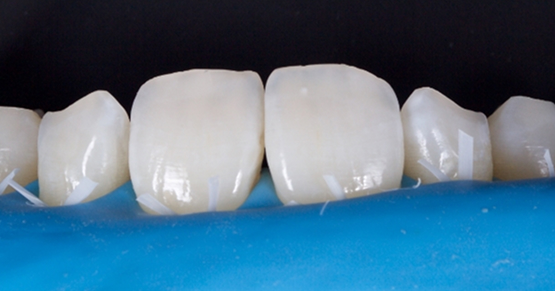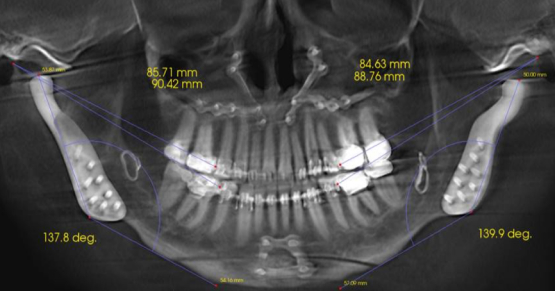Electronic Health Records: Mandate or No Mandate
At some point during the past several years, you might have heard that the federal government will soon be mandating that all dental practices, as well as all medical practices, must convert to electronic health records. While such a mandate might not be imminent, converting to all-digital record-keeping is still worth your serious consideration.
The push for a federal mandate has been gathering momentum since 2001, when the National Committee for Health and Vital Statistics, a public advisory committee to the Secretary of Health and Human Services (HHS), published “A Strategy for Building the National Health Information Infrastructure.” This document received a great deal of attention for its detailed recommendation for more effective, less costly and more efficient health care systems. The movement for a federal mandate accelerated in 2004, when an executive order by the Bush administration established a goal of having electronic health records for all Americans by 2014.
HHS is currently developing plans for a National Health Information Network (formerly called the National Health Information Infrastructure), of which electronic health records would be an integral component. While no official date for implementation has been finalized, it seems unlikely to happen before the end of 2014. The fact is, that even without a government mandate, there are many reasons why “going paperless” might well make sense for your practice. For example:
- Greater efficiency. Accessing records is dramatically easier and faster for all members of the dental staff. There is no need for “chart chasing,” and the need for duplicate entries is greatly reduced or even eliminated.
- Greater accuracy. There is no risk of misreading handwritten notes or failing to enter important data, which ensures more accurate recording of the patient’s condition and treatment as well as more accurate billing.
- Better patient care. Built-in intelligence capabilities, such as recognizing abnormal lab results or potential life-threatening drug interactions, can only enhance the quality of care you provide.
- More efficient record storage. There is no need for bulky, space-consuming file cabinets, which will become a bigger issue as laws require longer record storage periods.
- Better security. Electronic records are encoded so only authorized personnel can view them, making them more difficult for unauthorized access and modification or theft.
- Faster insurance claim process. Insurance claims can be quickly and easily compiled and submitted online, which also accelerates the payment process.
- Supply cost savings. You’ll spend less money on paper and ink, as well as printer maintenance.
- Lower insurance premiums. Your malpractice insurer might reduce your premium because more accurate record-keeping makes it easier to document the patient’s history and defend your actions in the event of any litigation involving your practice.
One of the most important ways to go paperless is to replace your film radiography system with digital radiography. The two digital options are sensor systems and phosphor storage plate (PSP) systems. In addition to the benefits described above, sensor and PSP systems also offer much faster image development and better image resolution. They also eliminate the ongoing costs of film and chemicals, the need for a darkroom and film storage cabinets, and the inconvenience of having to maintain a chemical processor.
If you’re not already using electronic health records, don’t wait for a federal mandate in 2014 or 2015 or whenever to consider making this move.
SPEAR campus
Hands-On Learning in Spear Workshops
With enhanced safety and sterilization measures in place, the Spear Campus is now reopened for hands-on clinical CE workshops. As you consider a trip to Scottsdale, please visit our campus page for more details, including information on instructors, CE curricula and dates that will work for your schedule.

By: Gary DeWood
Date: March 21, 2012
Featured Digest articles
Insights and advice from Spear Faculty and industry experts


